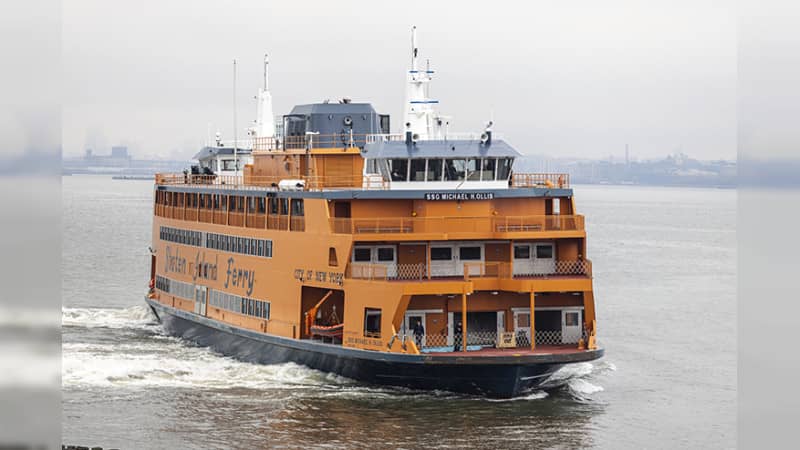On December 20, 2024, an overloaded ferry carrying traders and families returning home for Christmas celebrations capsized on the Busira River in the Équateur province, northeastern Democratic Republic of Congo.
The tragic accident has left at least 38 confirmed deaths and over 100 people missing, according to local authorities.
Details of the Accident
The ferry was part of a convoy of vessels traveling toward Boende, one of the main cities in the region. According to Joseph Kangolingoli, the mayor of Ingende, the ferry made several stops at the ports of Ingende and Loolo before it sank. Witnesses and local officials reported that the vessel carried more than 400 people, far exceeding its permitted capacity.
Survivors stated that adverse weather conditions, combined with the overloading of the ferry, likely caused the accident. Rescue teams have managed to save 20 people so far, while dozens of families await news about their missing loved ones.
Context: Frequent River Accidents
This tragic incident occurred just four days after another ferry capsizing in the same region, which claimed the lives of 25 people. River accidents are common in the Congo, where waterways serve as one of the primary transportation routes due to the lack of infrastructure and poor road conditions.
- Lack of regulations: Many vessels operate without adequate safety measures, such as life jackets or flotation devices.
- Constant overloading: In remote areas, people often rely on overloaded boats as their only transportation option.
- Road insecurity: High levels of violence on land routes force travelers to opt for riverways, increasing the demand for overloaded ferries.
Congolese authorities have repeatedly warned about the dangers of these practices, but the lack of enforcement of effective regulations has allowed such tragedies to recur frequently.
Impact and Reactions
The ferry disaster has sparked outrage among the local population, who criticize the government for failing to enforce stricter safety measures on river vessels. Many have particularly called out the absence of flotation devices and the leniency toward operators who ignore basic safety rules.
“It is unacceptable that we continue to witness these tragedies. Authorities must act to protect the people who rely on rivers to survive,” expressed a local resident.
Challenges in the Region
The Équateur province faces numerous challenges that complicate the safety and mobility of its inhabitants:
- Insufficient infrastructure: Most roads in the region are in poor condition or are unsafe due to the presence of armed groups.
- Dependence on waterways: Rivers like the Busira and the Congo are crucial for transporting goods and people.
- Lack of oversight: Many vessels operate without licenses, inspections, or adequate training for captains.
Government Promises
In response to this tragedy, local authorities have promised to investigate the incident and hold those responsible accountable. Additionally, they have pledged to strengthen safety measures for vessels operating in the region.
However, transportation experts suggest that long-term solutions require significant investment in infrastructure and more stringent regulation of river transport, something that has been lacking in the country so far.
The capsizing of the ferry on the Busira River highlights the severe safety issues plaguing riverways in the Democratic Republic of Congo. As families mourn their loved ones and search for answers, the government faces increasing pressure to implement reforms that could prevent future tragedies.
For now, the region remains marked by grief and uncertainty as rescue teams continue their efforts to recover the missing and offer solace to the affected families.
